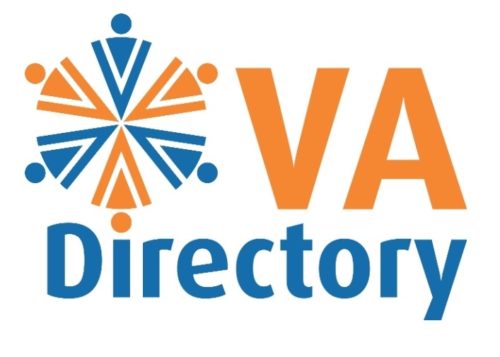I often get new VAs, or those planning to become a VA, contacting me to find out whether they should be joining my VA Network, or for advice about another group they are thinking of joining. I don’t mind people contacting me to ask these questions and I’m always happy to help and give guidance. Ultimately the decision is their’s but I like to give them things to think about, to help them with their decision-making.
Let’s look first at some definitions of these two words. On thefreedictionary.com a network is described as: An extended group of people with similar interests or concerns who interact and remain in informal contact for mutual assistance or support.
On the same site Agency is described as: A business or service authorized to act for others.
Based on the above I’d like to give you my definitions of a Virtual Assistant Network and a Virtual Assistant Agency.
A network is a membership based group of like-minded people, learning and sharing together while mutually benefitting from their collaboration. At a VA Network it is common for clients to make contact seeking work to be done and many of the VA members will also outsource work to fellow members. Further than that, each VA contributes something of their own knowledge and experience to help fellow VAs learn more about their industry and grow their skills. This is commonly done via a chat forum of some nature, either by email, or board based forum generally. Each member is a self-employed business professional and while they will pay a regular membership fee (monthly or annual) to belong to that network they don’t pay the network for work, nor do they have to pay a portion of what they earn from clients they gained through the network. The network will generally have a number of member benefits available to all its members to enhance the enjoyment of being a member of that network.
An agency is a business that is authorised to act on behalf of others. In other words they engage people who can provide the services and support the client of the agency. When the work has been done the Agency generally bills the client and then pays the service provider (VA) a portion of what has been earnt. In other words, the VA is actually working for the agency and is sub-contracted to the client. In some agencies the VA might bill the client direct but is required to pay the agency a portion of the fees they’ve earned from the client gained through the agency. Often there are contracts involved and requirements on how the VA conducts their business. In this situation the VA could technically be classed as an employee via the tax department and it is most important that VAs who are registered with agencies check what the legal onus is on them with respect to that working relationship. Should the agency be paying their taxes and providing them with sick leave and annual leave? Are there tax forms that need to be filled out? Are there other requirements? I suggest it would be wise to check with your accountant, legal advisor or someone else who has the relevant knowledge to be able to advise you in this situation.
So these are just two ways you can be operating as a VA but it is important that you take the onus on yourself to check what your legal requirements are and seek advice from the right people. In the first you are responsible for your own taxes, insurance and leave arrangements being a self-employed owner-operator, and for the second you need to find out who is responsible for those things and ensure everything is in place. The second generally means you are an employee and not self-employed.

Fra Jamir says
Indeed High Quality Virtual Assistants contributes something of their own knowledge and experience to help both fellow VA’s and business owners. Great Post! 🙂